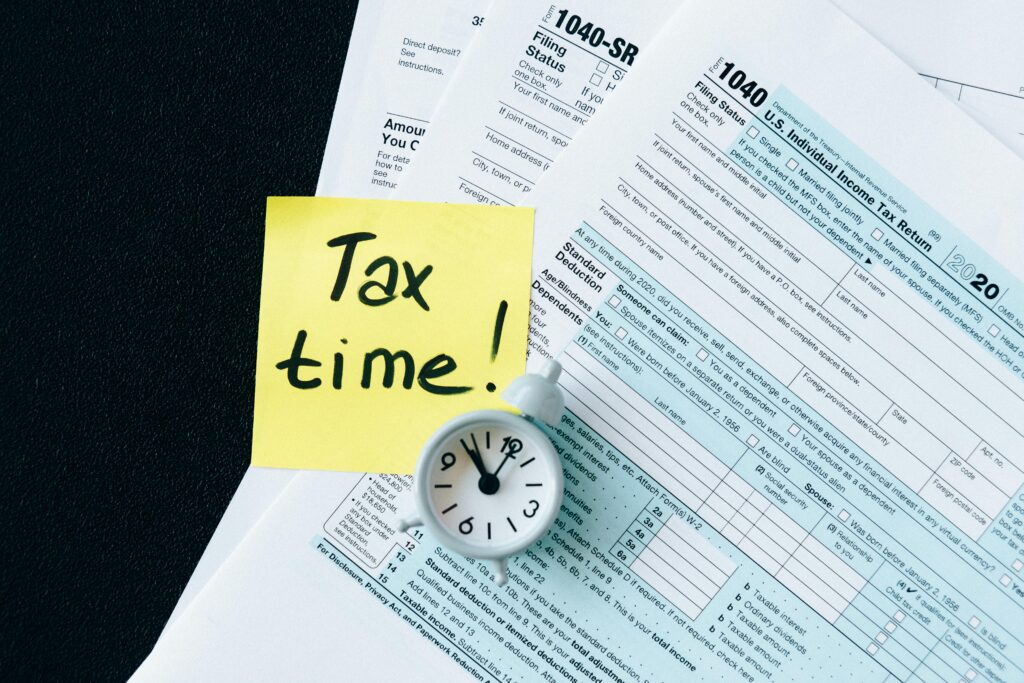As tax laws evolve and financial landscapes shift, staying ahead of the game can save you thousands of dollars. With 2025 approaching, it’s essential to understand how to optimize your finances and minimize your tax liabilities. Whether you’re an individual, a business owner, or an investor, these strategies will help you navigate the tax code effectively and keep more money in your pocket.
1. Maximize Tax-Advantaged Accounts
Tax-advantaged accounts remain one of the most efficient ways to reduce your taxable income while saving for the future.
Key Steps:
- Contribute to Retirement Accounts: Max out contributions to accounts like 401(k)s, IRAs, or Roth IRAs. For 2025, check for updated contribution limits set by the IRS.
- Utilize Health Savings Accounts (HSAs): Contributions to HSAs are tax-deductible, grow tax-free, and can be withdrawn tax-free for qualified medical expenses.
- Explore 529 Plans: If you’re saving for education, contributions to 529 plans may offer state tax deductions or credits.
2. Take Advantage of Tax Credits
Tax credits provide dollar-for-dollar reductions in your tax bill and are often more valuable than deductions.
Key Credits to Explore:
- Earned Income Tax Credit (EITC): Available to low- and moderate-income earners, this credit can significantly reduce taxes owed.
- Child Tax Credit: For parents, this credit can provide substantial savings for each qualifying child.
- Energy Efficiency Credits: In 2025, consider credits for installing energy-efficient systems, such as solar panels, or upgrading to electric vehicles under the Inflation Reduction Act provisions.
3. Optimize Your Investments
Strategic investment planning can help reduce taxes on your capital gains and dividends.
Key Strategies:
- Hold Investments Longer: Selling investments held for over a year qualifies them for the lower long-term capital gains tax rate.
- Harvest Tax Losses: Offset gains by selling underperforming assets to claim capital losses.
- Invest in Tax-Free Bonds: Municipal bonds offer tax-free interest income, which can be especially beneficial for high earners.
4. Leverage Deductions to Reduce Taxable Income
Deductions lower your taxable income, reducing the amount you owe.
Key Deductions to Explore:
- Charitable Donations: Contributions to qualified charities are deductible if you itemize. Consider donating appreciated assets like stocks for added tax savings.
- Mortgage Interest Deduction: Homeowners can deduct interest paid on qualifying home loans.
- Student Loan Interest Deduction: Eligible borrowers can deduct up to $2,500 in student loan interest, even if they don’t itemize.
- Business Expenses: If you’re self-employed, deduct costs like office supplies, travel expenses, and home office usage.
5. Take Advantage of Tax Planning Tools
Technology and professional advice can simplify tax planning and uncover opportunities for savings.
Key Tools:
- Tax Preparation Software: Programs like TurboTax or H&R Block can identify deductions and credits based on your income and expenses.
- Work with a Tax Professional: CPAs or enrolled agents can provide tailored advice, particularly for complex situations like owning a business or multiple investments.
- Track Expenses Digitally: Use apps like Expensify or QuickBooks to organize receipts and records, making deductions easier to claim.
6. Defer Income Strategically
Shifting income to future tax years can help you avoid higher tax brackets.
Key Strategies:
- Contribute to Employer-Deferred Compensation Plans: Delay receiving a portion of your salary to a future year when your income may be lower.
- Delay Invoicing: If you’re self-employed, consider delaying end-of-year invoicing to move income into the following tax year.
7. Stay Updated on Tax Law Changes
Tax laws are subject to annual changes, and understanding these adjustments is vital for effective planning.
Key Updates to Watch for in 2025:
- Standard Deduction: Check for updates to the standard deduction amount, which impacts whether you itemize.
- Retirement Plan Changes: Review adjustments to contribution limits or new benefits under retirement plan rules.
- Tax Brackets: Be aware of any inflation-adjusted tax brackets that may affect your marginal rate.
8. Use Business Ownership to Your Advantage
Owning a business or side hustle opens up additional tax-saving opportunities.
Key Steps:
- Claim Qualified Business Income (QBI) Deduction: Eligible business owners can deduct up to 20% of their business income.
- Deduct Home Office Expenses: If you work from home, deduct a portion of your rent, utilities, and internet expenses.
- Hire Family Members: Employing family members can reduce your taxable income while benefiting the household overall.
9. Save on International Tax Obligations
If you have income or investments abroad, there are strategies to reduce double taxation and optimize international tax liabilities.
Key Strategies:
- Claim Foreign Tax Credits: Offset taxes paid to foreign governments against your U.S. tax liability.
- Use Tax Treaties: Leverage treaties to reduce withholding taxes on income from international investments.
- Stay Compliant with FATCA and FBAR: Avoid penalties by properly reporting foreign accounts and income.
10. Plan Your Estate Wisely
Estate planning is essential for preserving wealth and minimizing taxes for your heirs.
Key Strategies:
- Utilize Gift Tax Exclusions: Give up to the annual limit (e.g., $17,000 per recipient in 2023; adjust for 2025) without incurring gift tax.
- Set Up Trusts: Tools like irrevocable trusts can reduce estate taxes and protect assets for future generations.
- Leverage Step-Up Basis: When heirs inherit assets, the cost basis resets to current market value, potentially reducing capital gains taxes.
Final Thoughts
Saving on taxes in 2025 is about more than just filing your returns; it’s about proactive planning and making strategic financial decisions throughout the year. By leveraging tax-advantaged accounts, optimizing investments, and staying informed about changes in tax laws, you can minimize your tax burden and maximize your financial potential.
Start planning today, consult with professionals as needed, and take control of your financial future—because every dollar saved on taxes is a dollar you can invest in your goals.


